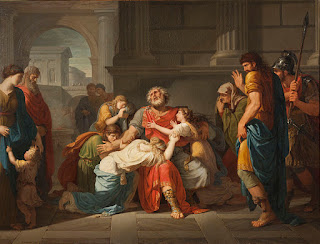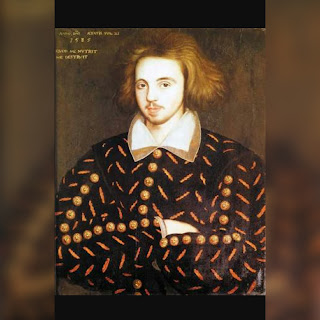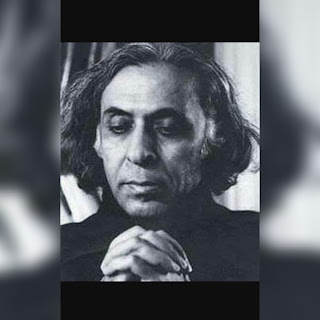Thinking Activity on "The Waste Land"By T.S.Eliot
Respected sir,
'The Waste Land' is the masterpiece of T.S.Eliot. Eliot describes rotten state of human life in 20th century. The waste Land is the land where is nothing can be grown. The waste land is the Land of fertile, fruitless, and hollowness of human Beings in Modern age.
As we all know that the poem ' Modern Epic ' divided into five parts. Each part is juxtaposes fragments of various aspects and it is just like episodic events which seems like 'Story within Story.'
As per my understanding, I try to give answers of questions which is mentioned here.
'The Waste Land' is the masterpiece of T.S.Eliot. Eliot describes rotten state of human life in 20th century. The waste Land is the land where is nothing can be grown. The waste land is the Land of fertile, fruitless, and hollowness of human Beings in Modern age.
As we all know that the poem ' Modern Epic ' divided into five parts. Each part is juxtaposes fragments of various aspects and it is just like episodic events which seems like 'Story within Story.'
As per my understanding, I try to give answers of questions which is mentioned here.
1) What are your views on the following image after reading 'The Waste Land'? Do you think that Eliot is regressive as compared to Nietzche's views? or Has Eliot achieved universality of thought by recalling mytho-historical answer to the contemporary malaise?
 |
| T.S. Eliot and S. Freud |
What are your views regarding these comments? Is it true that giving free vent to the repressed 'primitive instinct' lead us to happy and satisfied life? or do you agree with Eliot's view that 'salvation of man lies in the preservation of the cultural tradition'?
Frued and Nietzsche both are the contemporaries but their background and field of working is different. Frued is believed in individuality and talk about "primitive instinct" where as Eliot believed in preservation of cultural traditions which means all together.
Frued was wrote that for progress of any individual primitive instinct was needed but in order to preserve tradition Eliot says that their is need for to grew together, for that example of Buddha was perhaps suitable.
3) Write about allusions to the Indian thoughts in 'The Waste Land'. (Where, How and Why are the Indian thoughts referred?)
Give your responses as 'Comment' in the comment section below this blog post.
There are many Indian thought in waste land. Eliot was well read scholar and he includes Indian Upanishad also in his poems.




Comments
Post a Comment